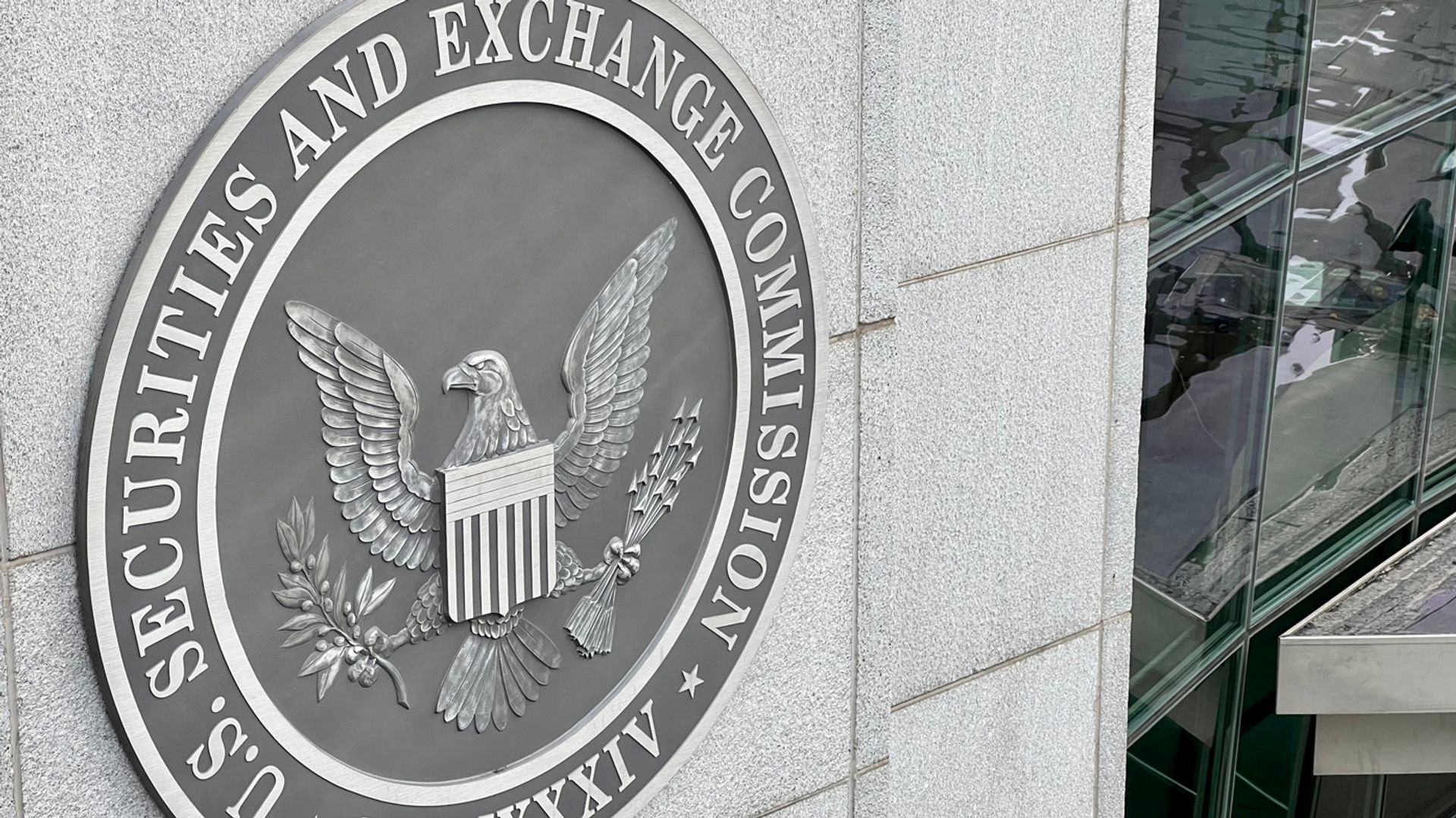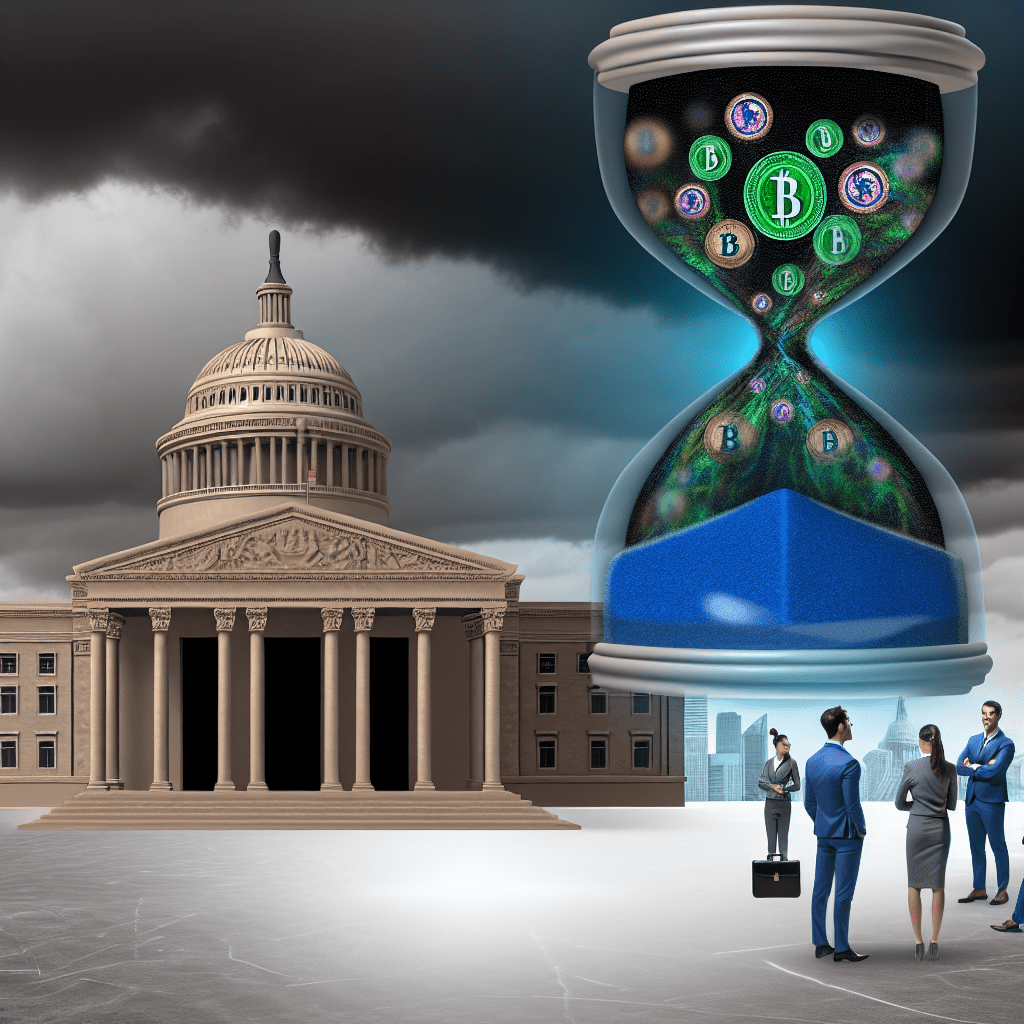
The U.S. government has now entered its fourth week of closure as of Wednesday, surpassing the previous second-longest shutdown in history. The crypto sector is voicing concerns over significant items being impacted, even though the closure of federal agencies hasn’t yet led to immediate repercussions.
This shutdown primarily focuses the Senate on re-opening the government, sidelining other legislative efforts. This time frame was initially seen as a narrow opportunity for crypto initiatives, particularly for the Senate to align with the House of Representatives’ Digital Asset Market Clarity Act aimed at regulating U.S. crypto markets. Unfortunately, this crucial objective for the industry might have missed its chance for 2025.
“Politically, time is dwindling for critical bills,” remarked Cody Carbone, CEO of the Digital Chamber. He noted that the lack of clarity on tax policies and missed chances to establish reasonable tax treatments could pose a more significant long-term cost than political ramifications.
During the shutdown, federal agencies are only able to utilize employees classified as essential, limiting Congress’ crypto-related work and inhibiting federal regulators from advancing crypto governance rules, including those for stablecoins and the U.S. Securities and Exchange Commission’s digital asset market proposals.
However, some aspects of crypto policy work have continued, as highlighted by Caitlin Long, CEO of Custodia Bank, who mentioned that her company’s U.S. patent issue was resolved during the shutdown.
“We haven’t felt it,” she shared at DC Fintech Week in Washington.
Conversely, the suspension of certain SEC efforts—like approving exchange-traded products (ETPs) and initial public offerings—could negatively impact the sector in the long run.
Currently, prediction markets indicate a strong possibility that this government shutdown could surpass the longest one on record, which lasted 35 days during Trump’s first term. While still about two weeks away from that milestone, contracts on Polymarket and Kalshi suggest a potential reopening around mid-November.
“We urge lawmakers to find a solution to this closure,” Carbone stated. “Both Americans and the crypto industry are feeling the effects.”
Kristin Smith, president of the Solana Policy Institute, noted in a post on social media platform X that the shutdown hasn’t obstructed political progress, as evidenced by industry officials meeting with U.S. senators regarding market structure legislation on Wednesday.
Read More: State of Crypto: What Happens to Crypto if Government Shutdown Lingers

